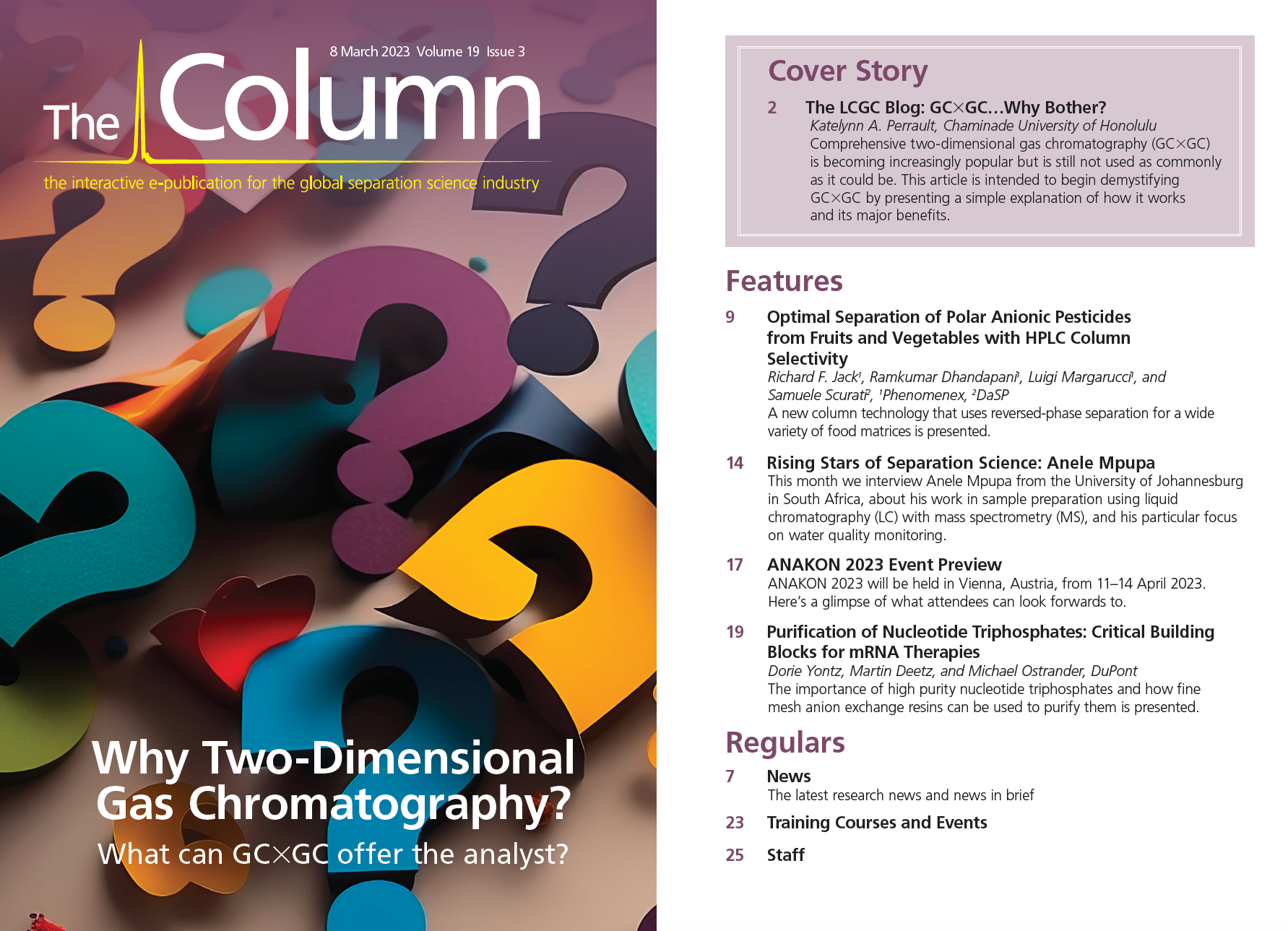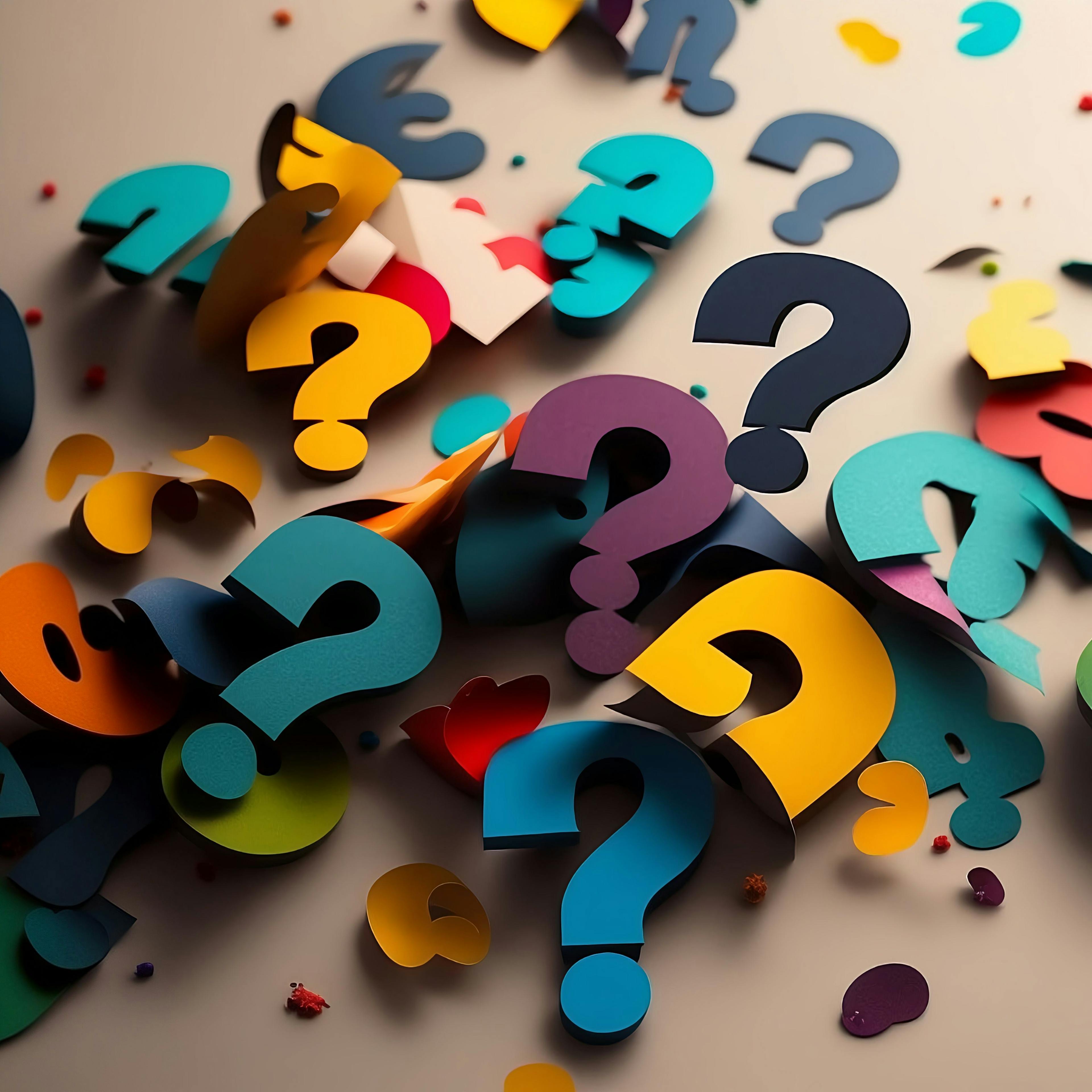Knauer Announces Gender Pay Gap Surprise
Knauer (Berlin, Germany) has announced its gender pay gap across the company, and caused a small commotion. According to the latest figures from the company, the wage gap has not only disappeared but the women in the company now earn on average 1.36% more than their male counterparts.
Managing director Alexandra Knauer said, “This is the smallest unadjusted gender pay gap we have ever had in the company. When we calculated it last year, our women still earned 2.2% less than the men. It is clear that this figure will always fluctuate, as it also depends on the gender distribution among skilled workers and management positions. Our guideline is the zero mark, and we are closer to it than ever.”
Equal opportunity officer at Knauer, Katharina Pohl, added: “We are proud that we have one of the smallest gender pay gaps in Germany. At the same time, we know that there is always room for improvement. We will continue to work to ensure fair pay and equal opportunities for women and men and also people of different backgrounds.”
This is in stark reflection to women in Germany, who still earn an average of 18 percent less than men for the same work. Equal Pay Day is a symbolic day to raise awareness of the difference in earnings between women and men. If the current 18 percent is converted into days, women work for 66 days from the beginning of the year—that is, until 7 March 2023—unpaid.
For more information, please visit: www.knauer.net

Analysis of PFAS in Milk by LC-MS/MS
May 15th 2025Dairy milk is one commodity that can be impacted by environmental contaminants, such as PFAS, so it is important to implement extensive, robust, and accurate testing. In this work, a sensitive and reliable method was developed for the analysis of PFAS in milk by LC-MS/MS at levels as low as 0.01 µg/kg.

.png&w=3840&q=75)

.png&w=3840&q=75)



.png&w=3840&q=75)



.png&w=3840&q=75)












